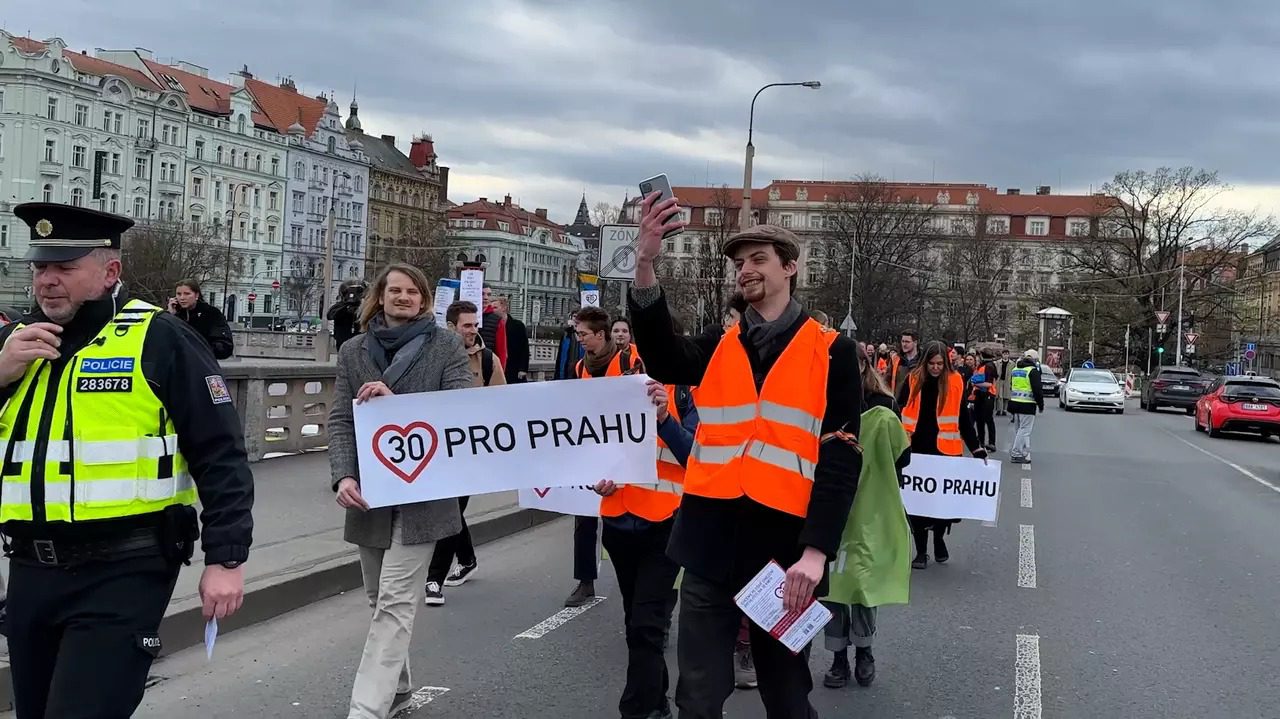A recent survey conducted by Median, a Czech research agency, found that 71% of Czechs oppose the implementation of a 30 km/h speed limit in urban areas. The survey was commissioned by Radiožurnál and involved 1,000 respondents. According to Median, most Czechs are content with the current speed limit of 50 km/h in urban areas, the highest speed limit in towns and cities.
The survey findings come amid a growing debate within the Czech Republic over road safety and environmental protection. In recent months, some environmental groups have called for lower speed limits and other measures to reduce urban air pollution and noise levels. However, many Czechs oppose such measures, arguing they would increase congestion and travel times.
One of the main challenges facing policymakers in the Czech Republic is balancing safety concerns with economic and social priorities. The country has one of the highest rates of traffic fatalities in the European Union, and many experts believe that lower speeds could reduce the number of accidents. At the same time, however, many Czechs rely on cars as their primary mode of transportation, and any measures that increase travel times or costs could be unpopular.
In addition to speed limits, the survey also found that most Czechs oppose plans to charge non-residents for driving into the city center. 54% of respondents said they were against such a plan, while 38% favored it. The survey also found that 52% of Prague residents favored charging non-residents for driving into certain parts of the city center.
As the debate over speed limits and road safety continues, many policymakers and experts call for more research and data to inform decision-making. Some have suggested that the Czech Republic could benefit from studying the experiences of other countries, such as the Netherlands and Denmark, which have implemented lower speed limits and other measures to improve road safety and reduce air pollution.





